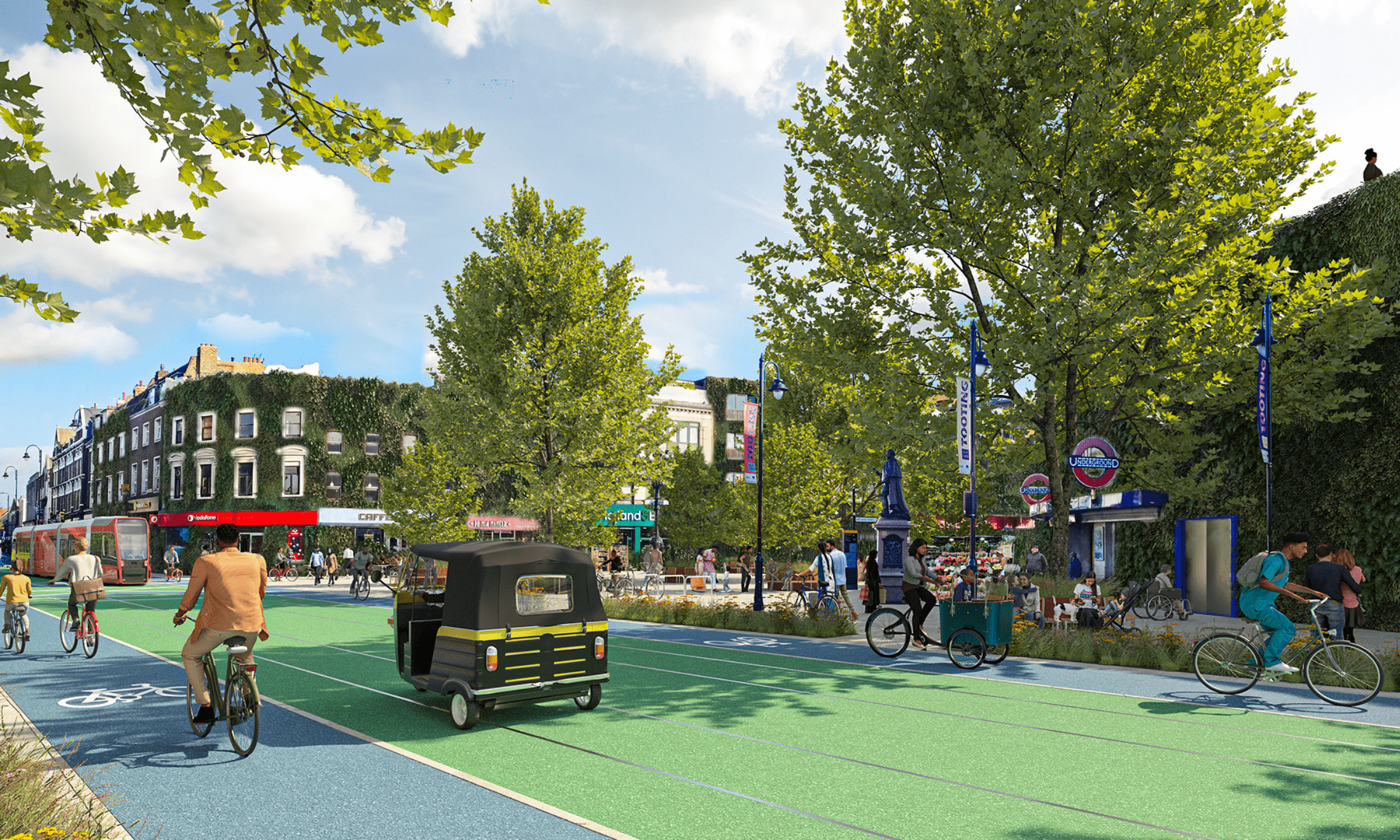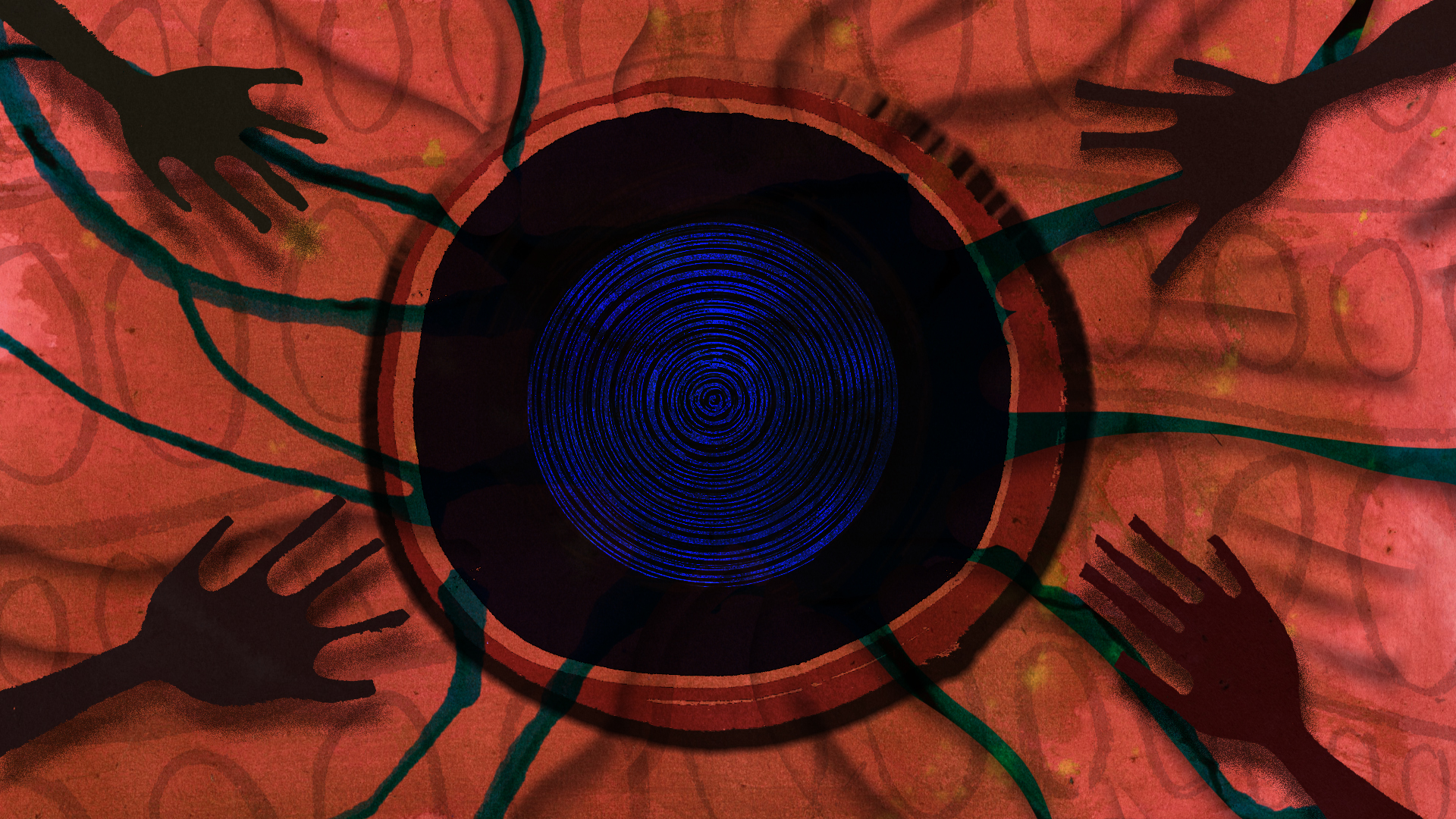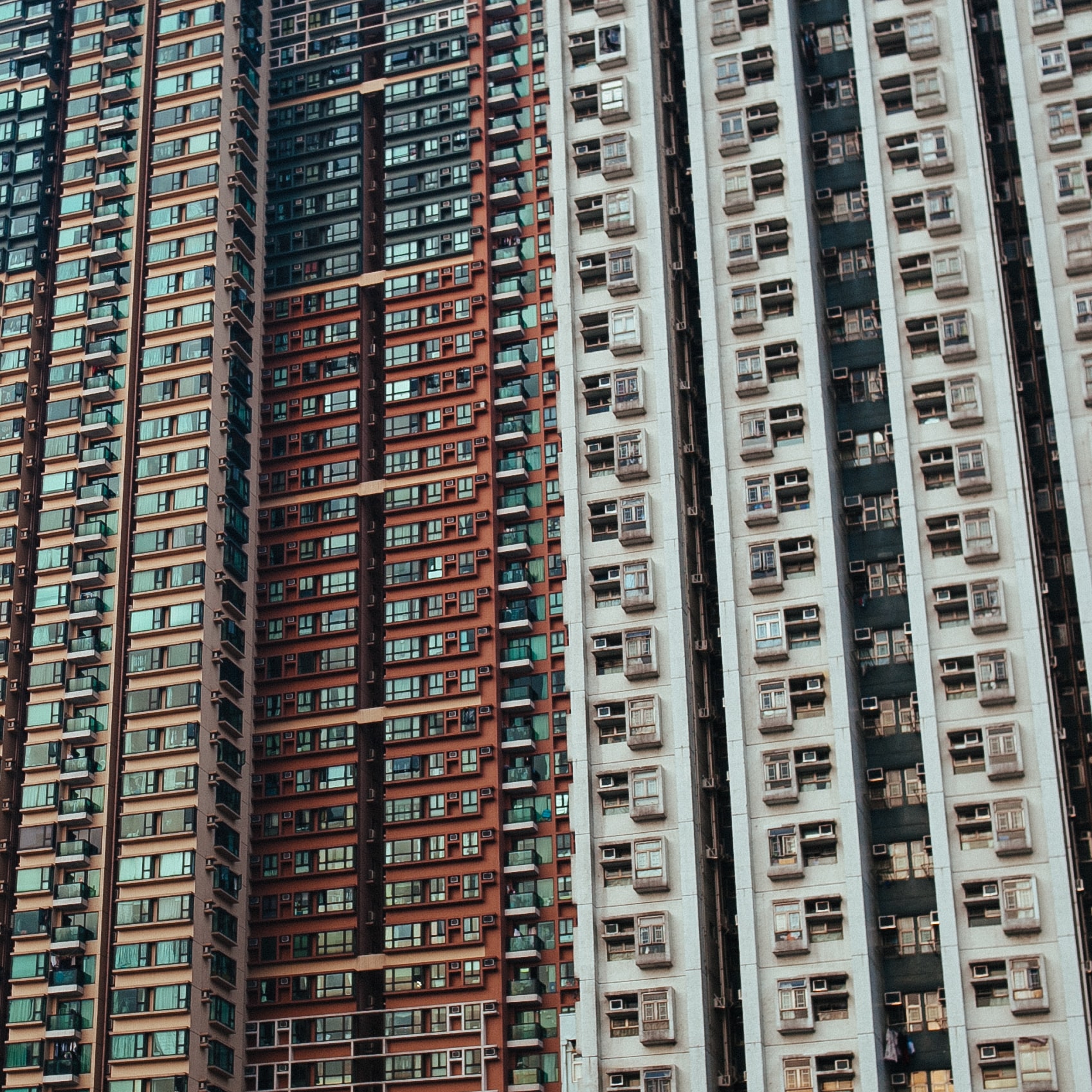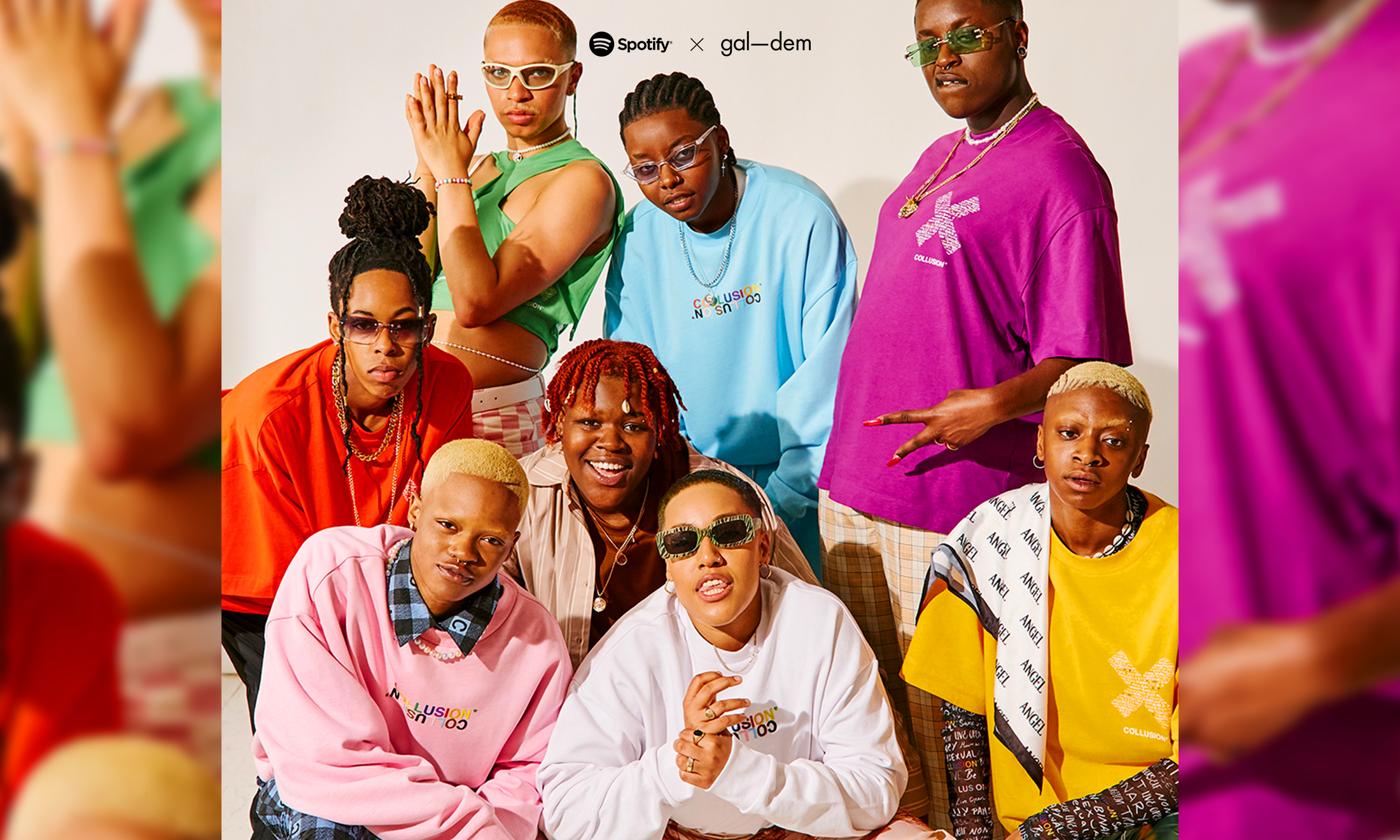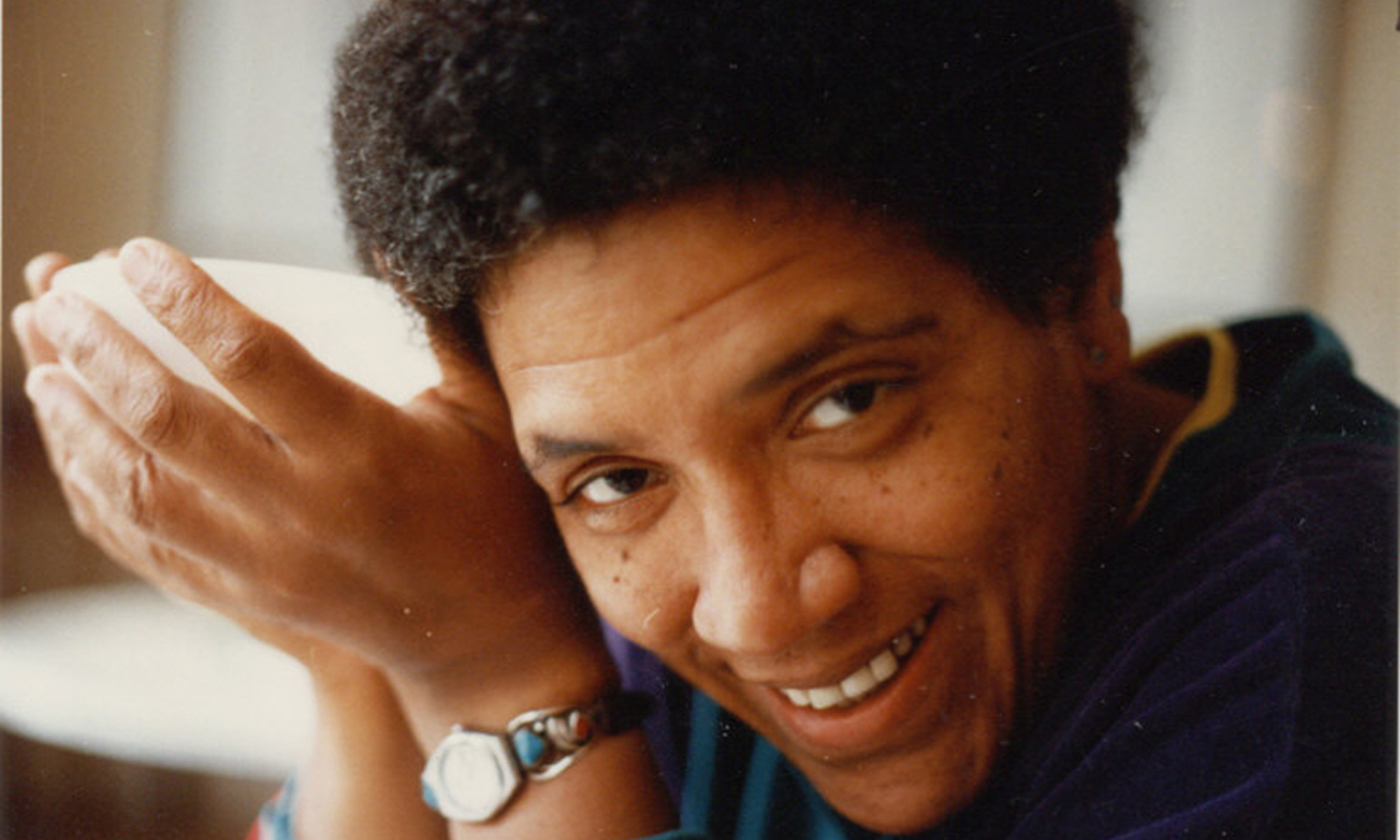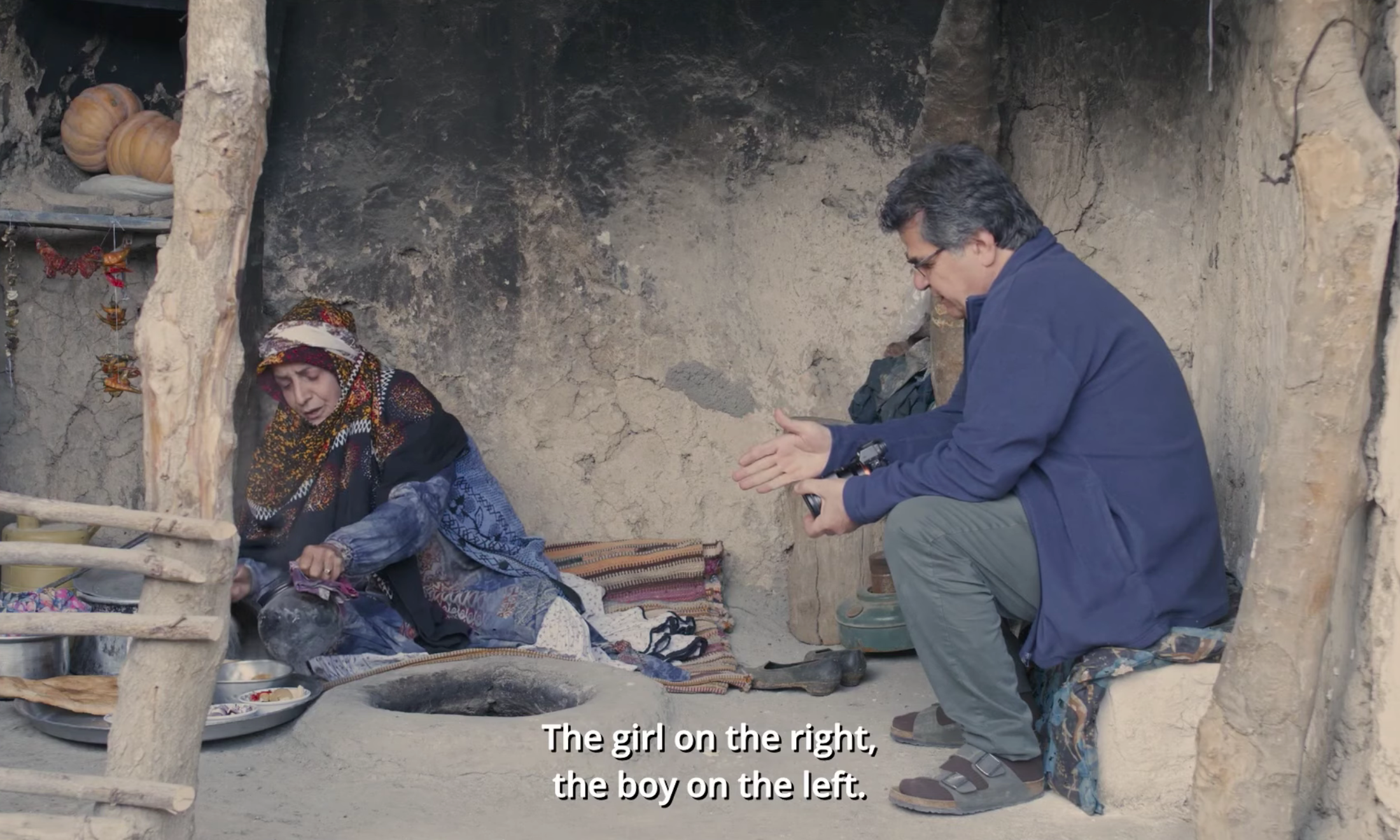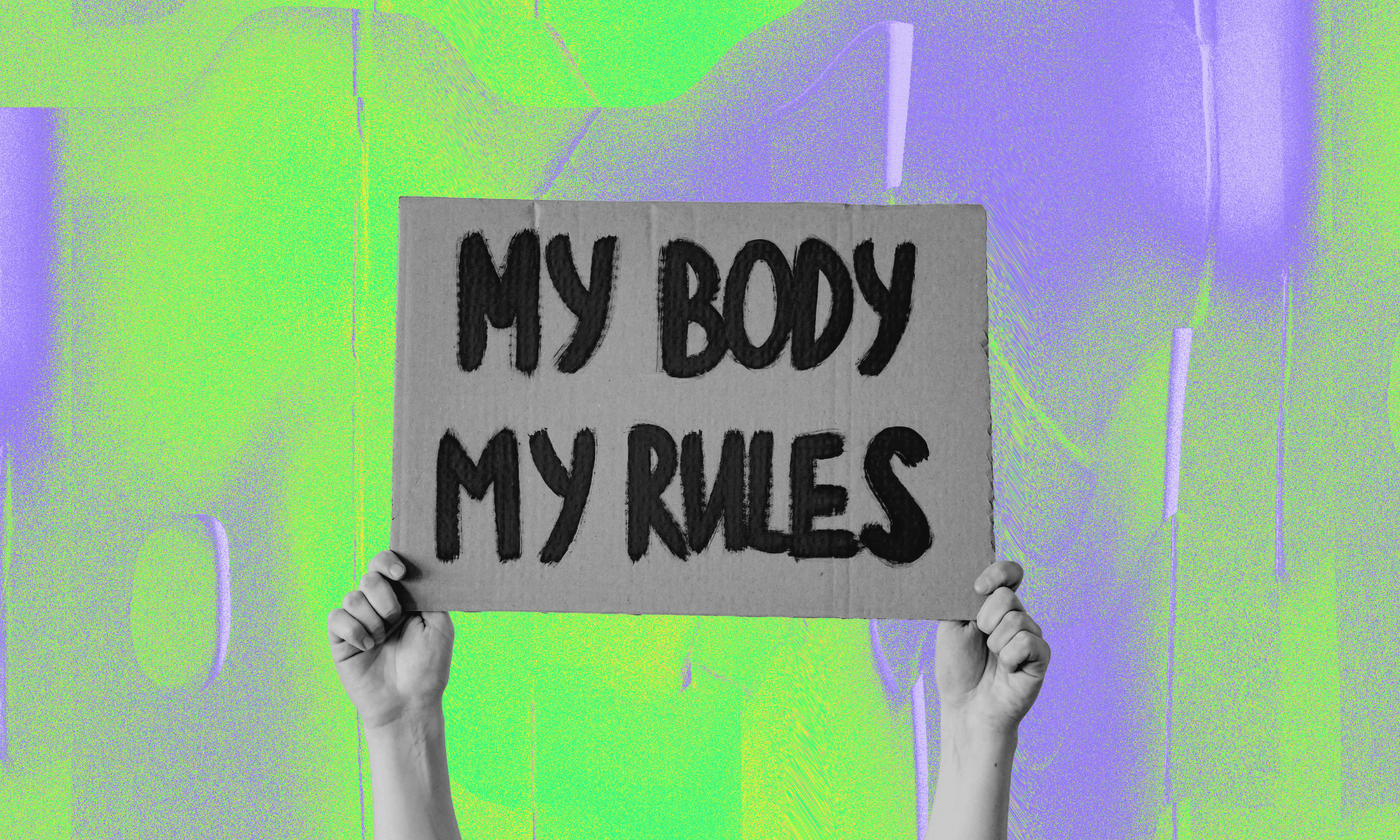
Canva
Worried about the erosion of bodily autonomy? The climate crisis makes it worse
Unless we do something about it, of course.
Joycelyn Longdon
10 Jun 2022
Welcome to gal-dem’s monthly ‘It’s Happening Now’ climate column, exploring the intersections of race, class and marginalisation within climate breakdown. As current climate conversations overwhelmingly lack both heart and accessibility, Joycelyn Longdon, an environmental PhD student at Cambridge, tackles the subject from an education and action-focused perspective – not for aimless doomism.
Bodily autonomy is under attack. From the proposed overturning of Roe v Wade, the landmark case that established federal protections for women who wish to have an abortion in America, to the continued global marginalisation of trans and non-binary people by TERFs (trans-exclusionary radical feminists), the authoritarian desire to control other people’s bodies is turning violent. But what does this all mean in the face of a climate emergency, and how are the two issues linked?
In the words of Audre Lorde, “There is no such thing as a single-issue struggle because we do not live single-issue lives.” Climate justice and women’s rights intersect in a number of key ways. Firstly, the effects of the climate crisis disproportionately impact women and other people of marginalised genders. Secondly, the climate crisis could lead to an erosion of women’s rights and their safety, from experiencing increased domestic violence and greater barriers to return to education in the wake of extreme climate disasters.
Women, especially those in the Global South, hold one of the most vulnerable positions in the face of climate emergency. Of the 1.3 billion people living in poverty worldwide, 70% are women who are responsible for 50-80% of our planet’s food production, as well as the provision of food, water and energy materials like firewood in their own households. As the climate crisis worsens and the planet experiences increasingly extreme weather events like floods, droughts and forest fires, it is these women whose lives will be severely impacted, having to travel further distances, toil the land harder and face increasing food scarcity.
“With the intensification of climate breakdown, women experience increased mental and physical abuse”
Research also shows that with the intensification of climate breakdown, women experience increased mental and physical abuse, with “the likelihood of violence related to the use of, access to, and control over natural resources, which may increase particularly in the context of scarcity, environmental pressures and climate change threats”. A 2020 report by CARE made clear that “all forms of gender-based violence against women and girls spike during disaster and conflict”. UN Women has referred to this phenomenon as the “shadow pandemic”.
Where women are overrepresented in feeling the impacts of our climate emergency, they are underrepresented in the sector dedicated to solving it – especially women from marginalised and racialised communities. Yet women in many cultures have historically led the protection of biodiversity.
“Where women are overrepresented in feeling the impacts of our climate emergency, they are underrepresented in the sector dedicated to solving it”
There are the women (commonly known as the OG tree-huggers) who inspired the Chipko Movement in India and put their bodies on the line to halt deforestation. Female leadership at Standing Rock plays a central role in the Sioux’s movement to stop the Dakota Access Pipeline and protect the water of the Missouri River. In Northern Sumatra, Indonesia, women like Rusmedia are leading the fight against the current and planned monoculture pulp plantations. The Queen Mothers of Northern Ghana are focusing on regenerating biodiversity and financially empowering their communities through Shea production. SHE Changes Climate is an organisation increasing female representation at all levels of climate decisions, amplifying the overlooked women who are climate leaders and need to be acknowledged as such.
Despite it being shown that more female representation in parliament results in stronger and better climate policy, there is a devastating lack of representation of women in decision-making spheres. Women only represent 20% of the authors on the landmark Intergovernmental Panel on Climate Change (IPCC) reports that inform global governments on climate action; and 70% of the speaking time in the global climate conferences like COP is given to men. The reality is even starker for marginalised women. A year-long study conducted in Bristol revealed that the women of colour spoke for just 2% of debate time, despite making up 14% of participants.
The climate crisis could see an intensification of patriarchal patterns that tend to exclude and ignore women’s valuable knowledge, especially in the case of rural, indigenous and Afro-descendent women. While they are at the forefront of the impacts of climate change, women are not just victims. They hold a unique and important perspective regarding climate change and environmental degradation. Without their input, we hinder our collective progress to securing more liveable futures.
“It’s clear there is no climate justice without women’s rights and there are no women’s rights without climate justice”
Verona Collantes, an intergovernmental specialist with UN Women, made clear in an interview with Global Citizen that gender inequality hampers women’s capacity and potential to be actors in climate action. “These gender inequalities – access to and control over resources, access to education and information, and equal rights and access to decision-making processes – define what women and men can do and cannot do in a particular context of climate change,” she said.
Paraphrasing an important quote from Thomas Sankara is an essential framing for these conversations. We are not talking about the inclusion of women communities out of charity, but because it is a “necessary basis for our triumph and success” in overcoming the climate emergency.
Whether on the street protesting, in the public sphere advocating for and amplifying marginalised voices, or on the frontline encouraging and putting women in positions of leadership, it’s clear that there is no climate justice without women’s rights and there are also no women’s rights without climate justice.
Our groundbreaking journalism relies on the crucial support of a community of gal-dem members. We would not be able to continue to hold truth to power in this industry without them, and you can support us from £5 per month – less than a weekly coffee.


